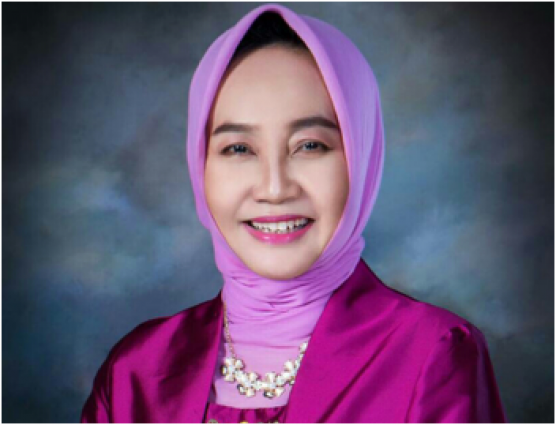Dwikorita Karnawati

Prof. Karnawati is the Director of the Indonesian Agency for Meteorology, Climatology and Geophysics. Previously, she was the first female President of Universitas Gadjah Mada and Professor in Environmental Geology and Disaster Mitigation. She is an internationally recognized expert on disaster risk reduction and early warning, with a PhD in Earth Sciences and post-doctoral research on hydro-meteorological disaster prediction. She has served as Vice-President of the International Consortium on Landslides since 2015 and chairs the Inter-governmental Coordination Group for the Indian Ocean Tsunami Warning and Mitigation System. Prof. Karnawati has actively promoted integration of social concerns in technical systems for disaster risk reduction, leading to the adoption of an international standard for community-based landslide early warning (ISO 22327). She also led efforts for the establishment of the Multi-Hazard Early Warning System in Indonesia. In her current role, she drives innovation on early warning technology and impact-based forecasting systems, powered by big data, artificial intelligence and the Internet of Things.
Why meteorology?
Prof. Karnawati’s interest in meteorology dates back to her university years, when 90% of the disaster casualties in Indonesia were caused by hydro-meteorological conditions. Working in the field of meteorology therefore represented a strategic step for her to accelerate national efforts for building a disaster-resilient society.
Overcoming challenges
The main challenges encountered have been linked to coordination with different stakeholders and sustainability of budget allocations. Maintaining communication among multiple partners and finding creative and innovative solutions helped tackle such difficulties.
Advice to young female scientists
- Work as hard as possible
- Be tough and assertive but also creative and innovative.

